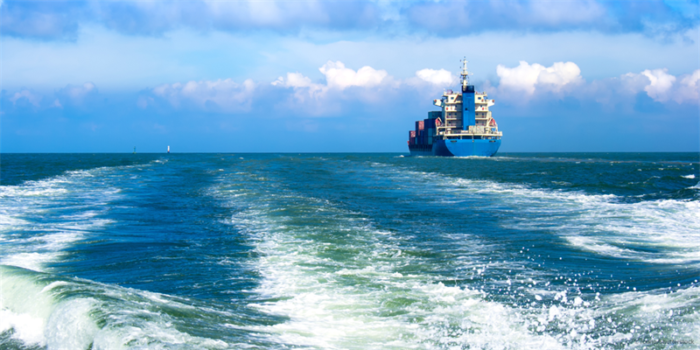Europe’s ports welcome the fact that the review of the current AFIR proposal is accompanied by provisions in the new FuelEU Maritime Proposal, which requires vessels to use shore-side electricity infrastructure at berth.
According to ESPO, the alignment of requirements between what ports need to do and the obligations for shipping lines to use the infrastructure is one its main points regarding the maritime pillar of the proposal for an Alternative Fuel Infrastructure Regulation (AFIR) and on the proposal for a FuelEU Maritime Regulation.
Let’s now work together with all policy makers and stakeholders to move forward towards investing in technologies that are effectively being used and that lead to effectively reducing the emissions of shipping, both at berth and during navigation
says Isabelle Ryckbost, ESPO’s Secretary General.
Commenting on shore side electricity (SSE), ESPO noted that it would be more effective to define the scope based on a minimum level of traffic volume per terminal, instead of per port, so as to prioritise busy terminals and avoid underused capacity being installed.
The focus on certain segments of shipping should however not be seen as an exemption for the other segments of shipping from the requirement to lower emissions at berth
Furthermore, ESPO regrets that the AFIR proposal only addresses the shore side electricity installation in the port, thereby overlooking the issues of grid connectivity, grid capacity and grid conversion. As it says, these should also be addressed in the proposals “as they are essential to make installed SSE operational.”
Installing grid converters, connecting to and upgrading the grid can be required to ensure the supply of shore-side electrical power to certain vessels. Such installations and upgrades are often outside the remit of the port authority/port managing body
In addition, ESPO called for a consultation mechanism to help in the application of the requirements of the AFIR and FuelEU Maritime.
Ports need to know if a shipping operator intends to use onshore power supply or rather one of the other alternative technologies foreseen in the Annex III of the proposal
ESPO explains, recognising the transitional role of LNG, but saying that “a top-down obligation to install LNG is no longer fit for purpose.”
As for Ms. Ryckbost, she welcomed the proposals to increase the use and availability of alternative fuels in the maritime sector:
The setting of requirements for certain ship segments to use shore side electricity at berth is crucial to matching the available supply with demand. But within this legislative framework, it will be important for stakeholders to work together
Furthermore, ESPO calls for revenues from the maritime EU Emission Trading System (EU ETS) and the penalties levied under the FuelEU Maritime to be used to promote the distribution and use of renewable and low-carbon fuels and technologies in the maritime sector.
It also asks for an EU-wide permanent tax exemption for the electricity provided to ships at berth in the reviewed Energy Taxation Directive.

































































